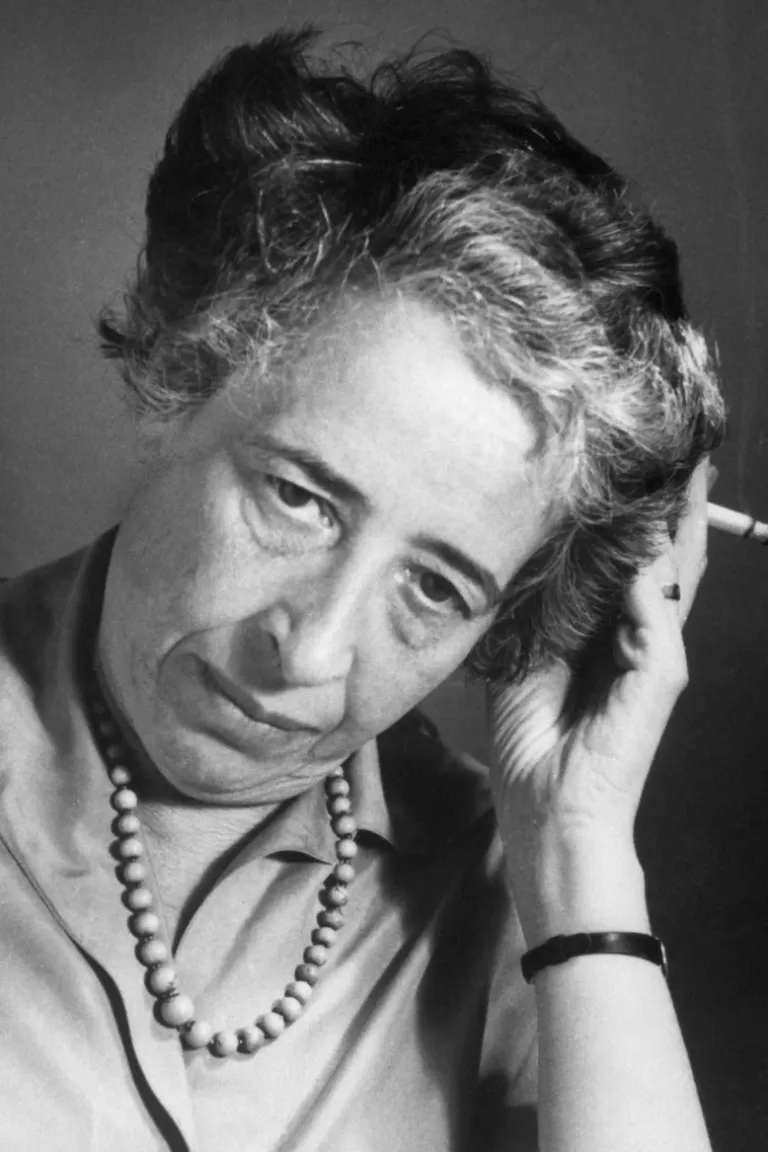
Personal info
Known for
Ultimate Talent
Gender
Female
Birthday
14 October
Location
Lower Saxony, Germany
Edit pageHannah Arendt
Biography
Hannah Arendt (1906–1975) was a German-born political theorist and philosopher whose work profoundly shaped 20th-century thought on totalitarianism, freedom, and the nature of evil. Born in Hanover, Germany, and raised in Königsberg, Arendt studied philosophy under influential thinkers such as Martin Heidegger and Karl Jaspers. Her early exposure to both classical philosophy and modern political upheaval deeply informed her later work.
As a Jewish intellectual, Arendt fled Nazi Germany in 1933, eventually settling in the United States, where she became a citizen in 1951. Her experiences as a refugee and witness to the rise of totalitarian regimes gave her a lifelong commitment to understanding the fragility of political freedom and human dignity.
Arendt gained international recognition with her groundbreaking book The Origins of Totalitarianism (1951), in which she analyzed the rise of Nazism and Stalinism as new forms of political domination based on terror, ideology, and the destruction of individuality. In The Human Condition (1958), she explored what it means to be human in the modern world, distinguishing between labor, work, and action as the core activities of human life, and emphasizing the importance of public engagement and political participation.
Perhaps her most controversial work was Eichmann in Jerusalem: A Report on the Banality of Evil (1963), based on her coverage of the trial of Nazi officer Adolf Eichmann. In it, she argued that evil is often committed not by fanatics but by ordinary individuals who fail to think critically about their actions—a concept that sparked intense debate but remains one of the most powerful insights into moral responsibility.
Throughout her career, Arendt focused on themes of freedom, power, responsibility, and the vitality of political life. She warned against the dangers of thoughtlessness and conformity in modern society and championed the idea of active citizenship grounded in dialogue and moral reflection.
Hannah Arendt’s legacy endures as one of the most profound and independent voices in modern political philosophy—a thinker who challenged humanity to confront both its capacity for evil and its potential for moral and political renewal.